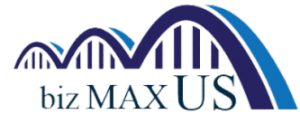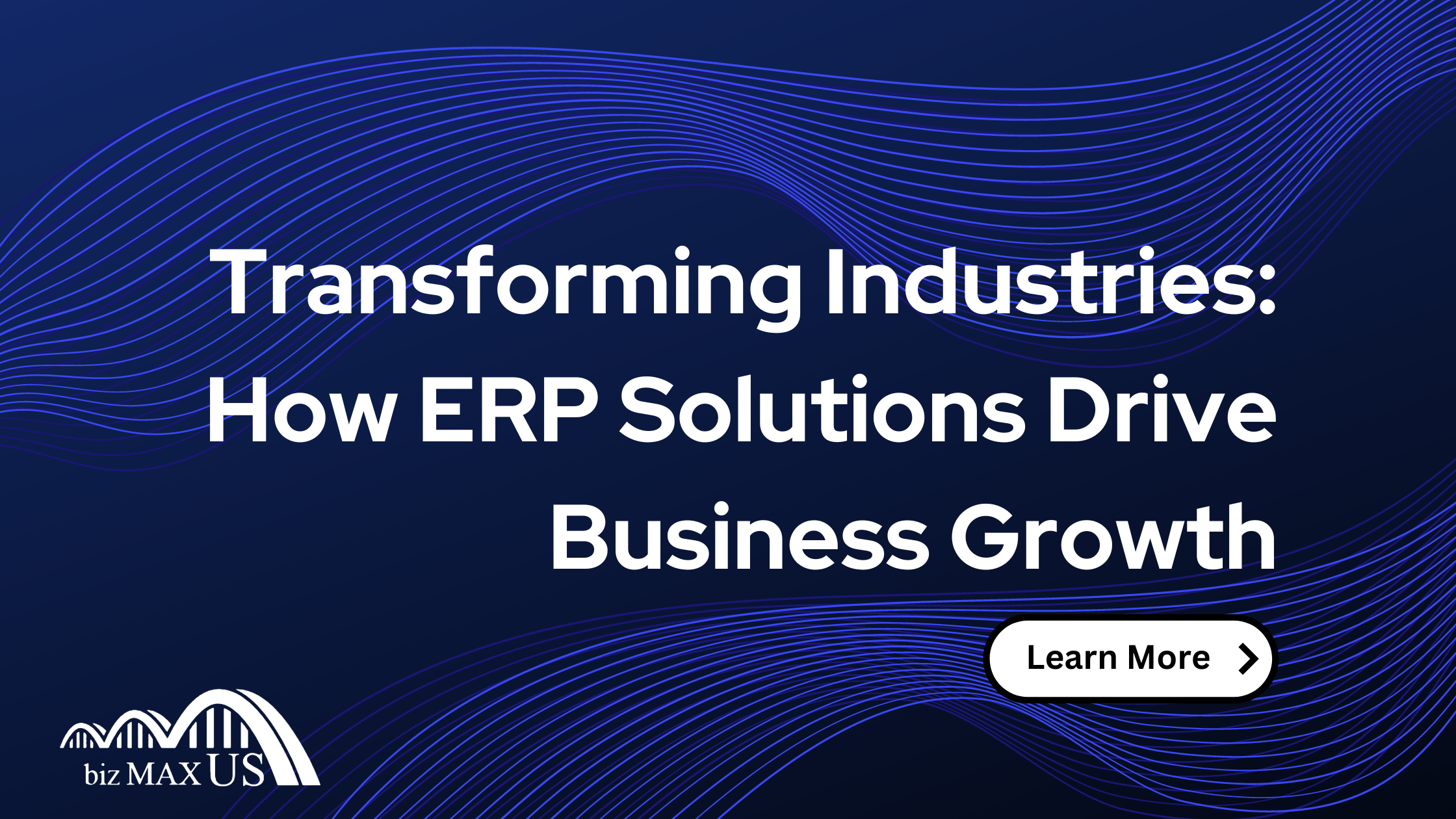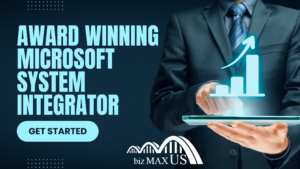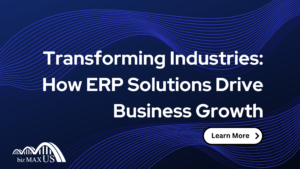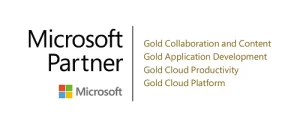In today’s rapidly evolving business landscape, staying competitive is not just a goal; it’s a necessity. Enterprises across diverse industries are constantly seeking ways to streamline their operations, enhance efficiency, and foster growth. This quest for optimization has led to the widespread adoption of Enterprise Resource Planning (ERP) solutions. From manufacturing to retail, healthcare to finance, ERP systems have become indispensable tools for businesses aiming to achieve operational excellence and sustainable success.
Understanding ERP Solutions
Enterprise Resource Planning (ERP) solutions are integrated software systems designed to manage and automate core business processes such as finance, human resources, supply chain, inventory, and customer relationship management (CRM). By consolidating data and workflows into a centralized platform, ERP software empowers organizations to optimize resource utilization, improve decision-making, and enhance overall productivity.
The Role of ERP in Various Industries
Manufacturing
In the manufacturing sector, where efficiency and precision are paramount, ERP solutions play a pivotal role in streamlining production processes, managing inventory levels, and ensuring timely delivery of goods. By providing real-time insights into inventory status, production schedules, and demand forecasts, ERP systems enable manufacturers to minimize wastage, optimize resource allocation, and respond swiftly to market fluctuations.
Retail
For retailers grappling with the complexities of omnichannel sales and consumer demand variability, ERP solutions offer a comprehensive suite of tools to manage inventory, sales, and customer interactions seamlessly. From inventory replenishment and order fulfillment to personalized marketing campaigns and loyalty programs, ERP software empowers retailers to deliver exceptional customer experiences while maximizing profitability.
Healthcare
In the healthcare industry, where patient care, regulatory compliance, and operational efficiency are paramount, ERP solutions streamline administrative processes, enhance clinical workflows, and improve patient outcomes. From appointment scheduling and electronic health records (EHR) management to billing and revenue cycle management, ERP systems enable healthcare providers to deliver high-quality care while optimizing resource utilization and minimizing administrative overhead.
Finance
In the finance sector, where data accuracy, compliance, and risk management are critical, ERP solutions provide robust financial management capabilities, including accounting, budgeting, and financial reporting. By automating routine financial tasks, standardizing processes, and ensuring regulatory compliance, ERP software enables finance professionals to make informed decisions, mitigate risks, and drive financial performance.
Advantages of ERP & CRM Integration
Customer Relationship Management (CRM) systems complement ERP solutions by focusing on customer interactions, sales, and marketing activities. Integrating ERP and CRM functionalities offers several advantages, including:
- 360-Degree View of Customers: By integrating ERP and CRM data, businesses gain a comprehensive understanding of customer preferences, purchase history, and interaction patterns, enabling personalized marketing campaigns and superior customer service.
- Streamlined Operations: Integration eliminates data silos and enables seamless information flow between sales, marketing, finance, and other departments, streamlining processes and enhancing collaboration across the organization.
- Improved Decision-Making: Access to real-time insights from ERP and CRM systems empowers decision-makers to identify market trends, forecast demand, and optimize resource allocation, leading to more informed and strategic decision-making.
- Enhanced Customer Experience: By leveraging integrated ERP and CRM data, businesses can anticipate customer needs, resolve inquiries promptly, and deliver personalized experiences at every touchpoint, fostering long-term customer loyalty and satisfaction.
Choosing the Right ERP Solution
When selecting an ERP solution for your business, it’s essential to consider factors such as industry-specific functionalities, scalability, ease of integration, vendor reputation, and ongoing support services. Conducting thorough research, evaluating multiple vendors, and seeking recommendations from industry peers can help you make an informed decision that aligns with your business objectives and growth aspirations.
Conclusion
In an era defined by digital transformation and relentless competition, leveraging the power of ERP solutions is no longer a choice but a strategic imperative for businesses across diverse industries. From optimizing operations and enhancing customer experiences to driving innovation and fueling growth, ERP systems offer a multitude of benefits that can propel your organization toward success in the dynamic marketplace. By embracing ERP technologies and embracing change, businesses can future-proof their operations, stay agile, and thrive in an ever-evolving business landscape.
